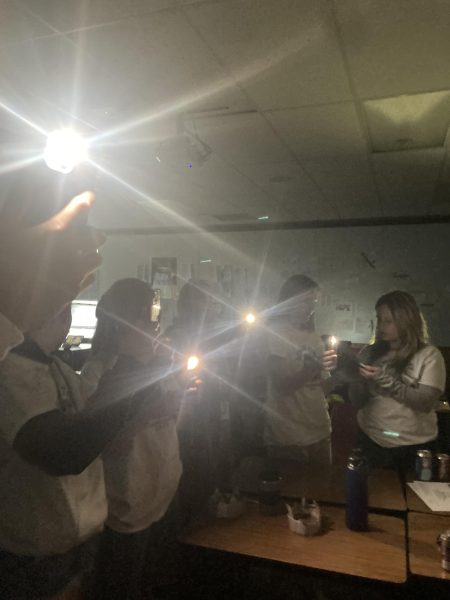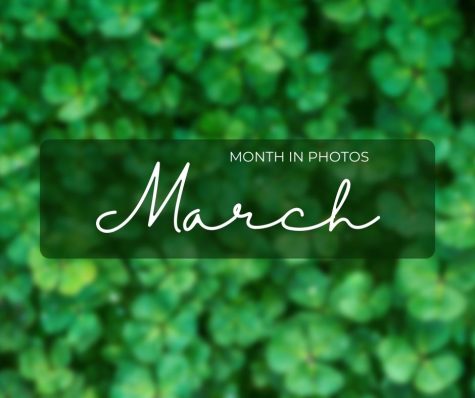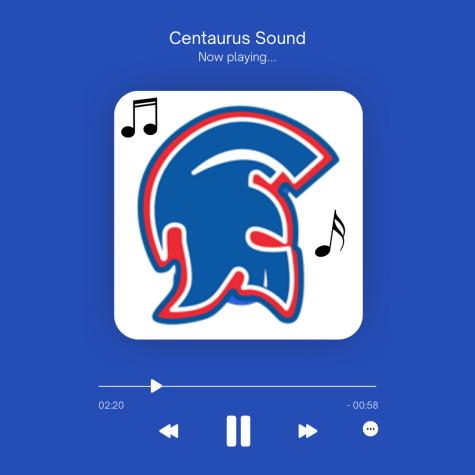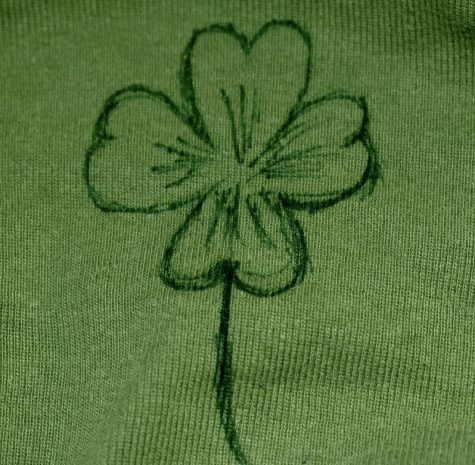Love Letter to the Little Things: Napping
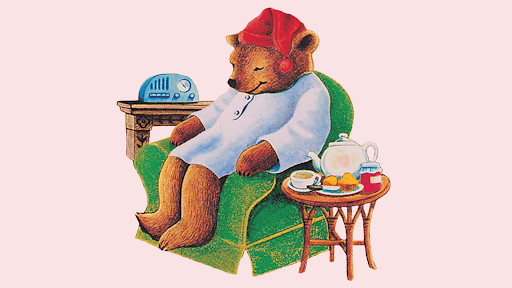
The Sleepytime Tea bear, patron saint of napping.
Dear Napping,
You offer a retreat from the hustle and bustle into the peaceful world of unconsciousness, releasing the pressure valve and ensuring that I make it through the rest of a full day.
And for that, I’m writing you this love letter.
At the end of a long day, some people like to unwind by watching TV, reading, or playing video games. Some even like to go for a run (I will never understand). Me? I head straight for my bed to take a luxurious 15-minute nap (which is usually all the time I have, if any at all).
My relationship with napping has had its ups and downs. In kindergarten, I recall talking through naptime (wasting away my golden years!), to the chagrin of my teacher. In elementary school, I disliked napping because I always woke up cranky. In middle school, napping was undoubtedly a sign of weakness – what “big kid” needed to lie down after school? But in highschool, taking naps is not only a highly enjoyable part of my week but often a necessary one in order to slog through homework and other responsibilities.
It’s not controversial to state that teenagers should be given nap time, especially when it’s the start of 4th quarter and everyone is running on fumes. The average highschooler gets 7 1/2 hours of sleep per night; 2 hours less than the “healthy” amount for teenagers. Research proves that napping can boost alertness, memory, productivity, and mood. And that’s only the scientific benefit – napping has a lot of side benefits as well. For example, you could end up having a really cool dream about dragons. An energy boost and dragons? Sounds like a superpower to me.
One of the best parts about napping is waking up feeling like you’re floating. It takes highly specialized napping techniques to achieve this level of rejuvenation, but when it happens, it’s like a total reset. Generally, when you wake up from a nap, you feel better than before. And if you don’t, that’s probably your body telling you that you need even more rest. Napping is basically the human equivalent of “Have you tried turning it off and back on again?”
I also feel better about myself whenever I take a nap. I’m proving to my body that its needs are worth listening to and that I value self-care over that essay that’s due tomorrow. While my grades may dislike me for it in the short term, when considering how long a school year is and the sheer amount of things that are involved in completing it, I know that taking a nap will benefit me more. It’s a lot harder to regain strength than it is to burnout. Napping acts as a burnout shield, producing just enough brain juice to get me to the next day.
The ability to sleep is amazing in and of itself. The fact that most animals on Earth can shut down for hours on end and not only survive but actually be benefitted is really crazy when you stop to think about it. On average, the human heart rate beats 40-50 BPM when the body is asleep. That’s 10-50 fewer beats per minute than the average resting heart rate. This is a necessary function that humans evolved for our survival. Napping, which is enabled by this function, can also be deemed a survival tool. Ok, that may be a little bit of an exaggeration – but to an exhausted high school student, that’s what it feels like.
In a societal system that does not prioritize rest – or care, for that matter – napping could be considered a revolutionary act (defined as something that challenges the status quo.) Making the decision to take back time that could be spent on shopping, buying, consuming, producing, or doing something and instead saying “I just want to rest my head and allow myself to be” is really powerful. Those in power (your teachers, your parents, the president, the voice in your head, whoever) want you to be moving towards something, constantly. And you chose to just be a lump for a bit. Way to stick it to the man!
People actually used to sleep 3 times a day (two spurts in the night and a mid-afternoon nap), but then, with the advent of electricity and the creation of the 8 hour work day, that sleep model was deemed “unproductive”. Sleeplessness and late night insomnia are now quite common because our bodies are operating counter to their natural rhythm. Taking a nap can create a short return to a more logical sleep cycle. The Greeks and Romans took a nap every day, giving birth to the concept of the “siesta”, which is still practiced by many Latin American countries. If only the United States was that intelligent (spoken with barely contained disdain).
Basically, humans have always been sleepy little guys. Napping improves countless aspects of life, so who can blame us?
Now, that was a lot. I think I’ll go take a nap.
Your donation will support the student journalists of Centaurus High School. Your contribution will allow us to purchase equipment and cover our annual website hosting costs.
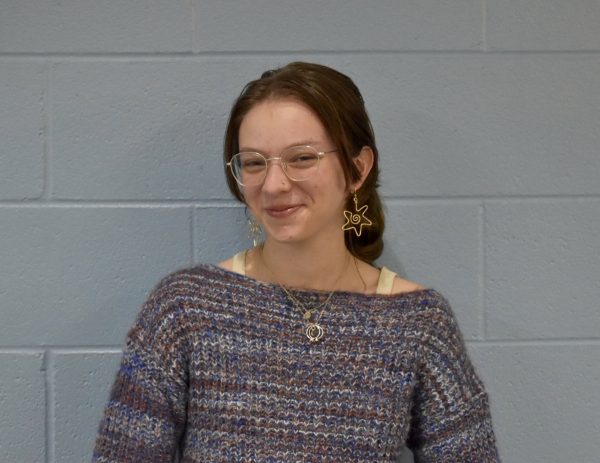
Shira Nathan (aka Ira) (they/them) is one of the Editors-in-Chief of The Warrior Scroll and a senior at Centaurus. This is their fourth year and final...








